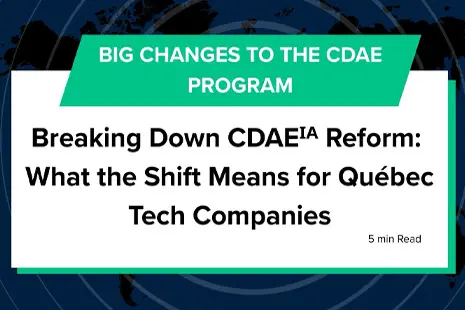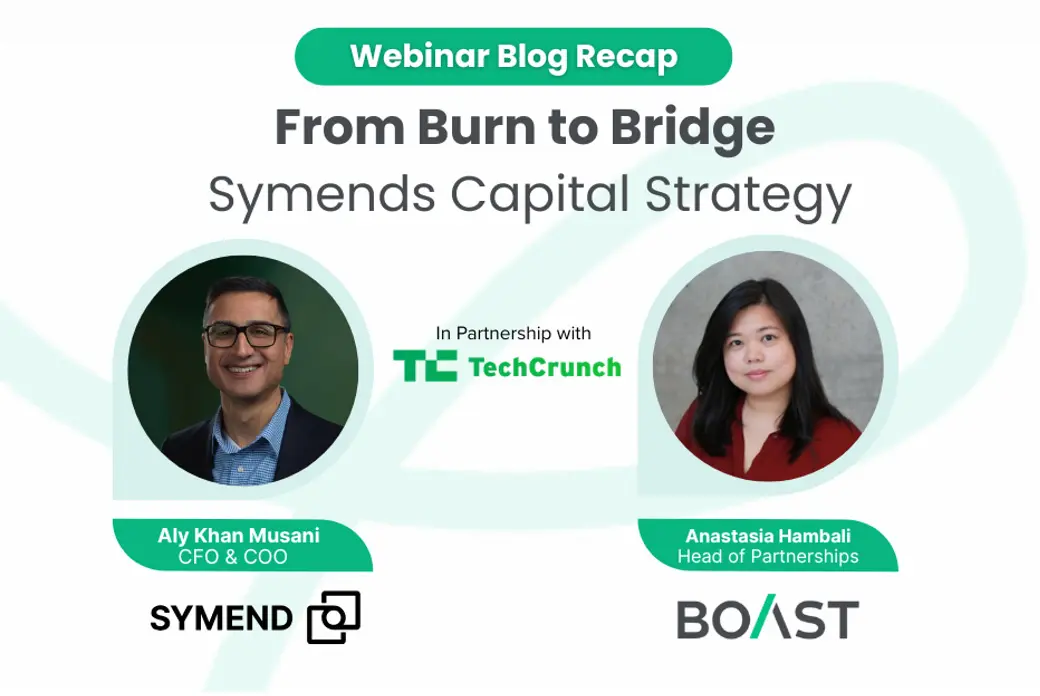Venture capital funding in the United States is much harder to come by this summer, as total investments have shrunk by almost half year-over-year, according to the latest data from Pitchbook.
Worse for founders? Early-stage startups are feeling the biggest squeeze.
After reaching a pandemic-high of almost $100 billion in Q4 2021, venture capital investments shrank to only $39.8 billion in Q2 2023. Total funding deals are also down by almost a third since Q2 2022, totaling 3,011 startup investments from VCs in the last quarter.
Despite fewer deals and lower totals, however, US startups are actually on track to raise roughly the same amount that they did in 2020. This indicates that rather than facing a traditional investment slump, the VC community is largely correcting course after a spree of investments during the peak of the pandemic.
A correction—not a panic?
For instance, as Pitchbook analyst Kyle Stanford explained to Bloomberg, there were “probably too many” deals being closed during the “heady days of the pandemic boom,” indicating that “starting these companies slower is probably healthy.”
This stance makes all the more sense as we watch the potential fallout of the pandemic-era VC spending spree play out, with many companies being forced to redraw their capital strategy (and explore layoffs) to align with more grounded 2023 valuations.
There are additional factors contributing to the shrinking number of VC investments in Q2, ranging from higher borrowing costs, corporate cost cutting, as well as an IPO market that has been relatively low key throughout 2023.
There’s also no discounting the impact of recent bank closures—largely at boutique institutions that cater to tech startups—on the attitudes of investors.
Still, US VC fundraising reached only $33.3 billion in the first half of the year, putting 2023 on pace for the lowest annual total since 2017.
That said, acquisitions—especially for companies in the traditional or generative AI space—have been on an uptick so far in 2023 (see Databricks’ $1.3 billion acquisition of MosaicML as just one example).
The takeaway for startups? Explore non-dilutive funding.
While VCs are viewed as an essential stakeholder in the startup journey by most founders, they aren’t the only source of capital available for businesses looking to extend their runway. This is especially true for startups that invest heavily in innovation and prioritize research and development as a pillar of their product roadmap.
Despite recent turmoil over amortization and capitalization rules imposed as part of the 2017 Tax Cuts and Jobs Act that went into effect this year, there are still a wealth of federal R&D tax credits (ie. Section 41) available to US startups that can go toward expensing research costs without sacrificing equity.
Canada is a world leader in innovation funding, as the federal government offers it’s federal SR&ED tax credit program, as well as a wealth of grants and provincial programs specifically aimed at supporting homegrown startups.
To learn more about these funding programs, the state of venture capital, and any tips that teams can deploy to optimize their capital strategy, subscribe to the Boast AI blog today.


